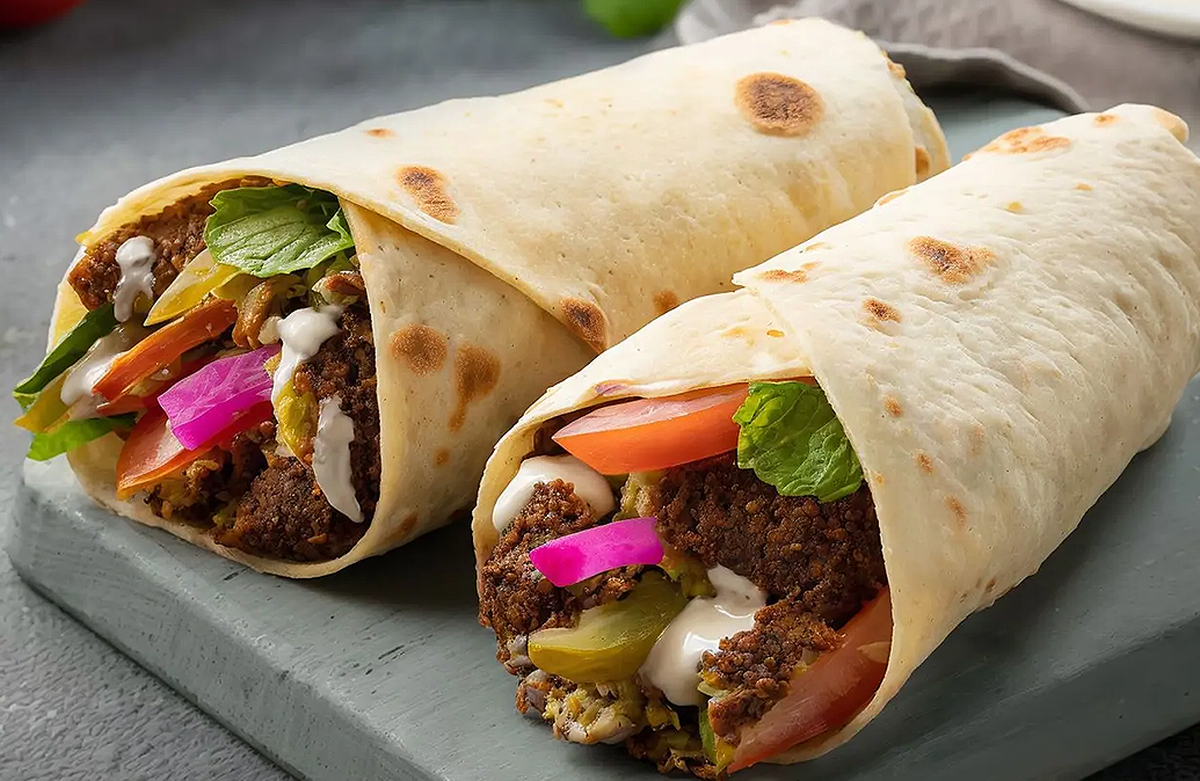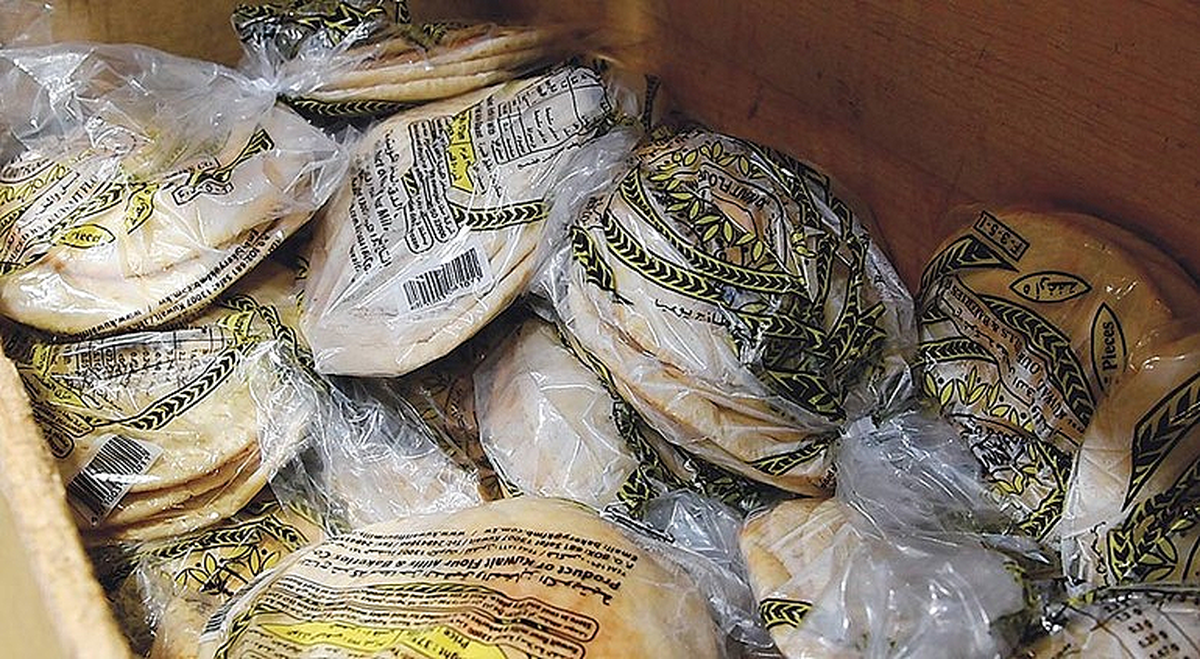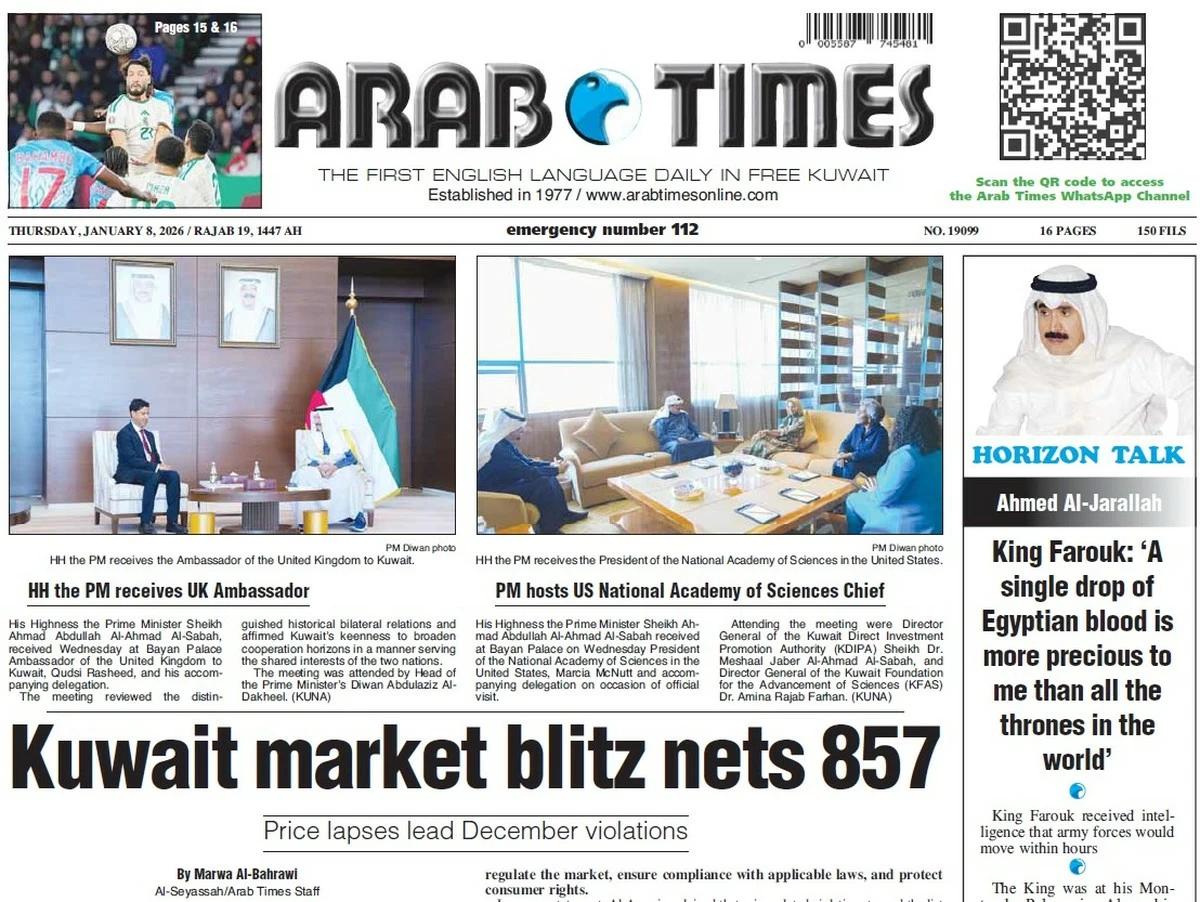02/06/2025
02/06/2025

Kuwait’s famous falafel sandwich has been priced at just 100 fils since 1984.
KUWAIT CITY, Jun 2: In a country of gleaming towers and booming oil revenues, a humble 100-fils falafel sandwich continues to quietly tell a story of compassion, dignity, and policy with purpose.

Late Amir of Kuwait, Sheikh Jaber Al-Ahmad Al-Jaber Al-Sabah
Since 1984, a decree No. 44/1984 was issued in Kuwait under the direction of the late Amir Sheikh Jaber Al-Ahmad Al-Jaber Al-Sabah, not for oil, infrastructure, or defense, but for falafel. The Amir’s directive mandated that the price of a falafel sandwich remain fixed at 100 fils (about $0.33), ensuring that the nation’s poorest residents would always have access to an affordable, filling meal.
At first glance, a falafel sandwich may seem insignificant in the wider scope of economic policy. But for tens of thousands of low-wage earners in Kuwait, many earning less than two dinars a day, that sandwich can mean the difference between hunger and sustenance. These workers, who often juggle the burdens of rent, remittances, and survival, rely on such basic food items to get through each day.
While some eateries have slightly reduced the size of the falafel or the sandwich over the years to maintain margins, the price tag remains unchanged. And this is not by chance.
The Ministry of Commerce and Industry, through its Customer Protection Department, continues to actively enforce the 1984 decree. Inspectors routinely visit restaurants to verify compliance and have issued numerous fines to violators attempting to raise prices. "The law is still enforced," one inspector told Arab Times. “If anyone sees a restaurant charging more, they should report it. We will take action.”
More than just a cheap meal, the 100-fils falafel represents Kuwait’s social conscience—an enduring symbol of a leadership philosophy that prioritized the basic dignity of all residents, regardless of income. In a time when global food prices are rising sharply, Kuwait’s unwavering commitment to this modest sandwich offers a rare and powerful example of policy rooted in humanity.

Bread (Khubz) at 50 Fils: State-Baked and Subsidized
Another cornerstone of Kuwait’s food strategy is bread, produced largely by the Kuwait Flour Mills & Bakeries Company (KFMB)—a state-owned enterprise. KFMB supplies Arabic bread (khubz) and other bakery items at prices unchanged for decades. A packet of five khubz still costs just 50 fils, with the government subsidizing flour to ensure bakeries can maintain low prices without sacrificing quality.
Ration Cards and Essential Commodities
Beyond bakeries and sandwich stands, Kuwait’s subsidy net extends to household staples. Rice, sugar, flour, powdered milk, lentils, cooking oil, and infant formula are distributed to Kuwaiti families via a ration card system, ensuring affordability even during periods of international food price spikes.
In 2023 alone, the government allocated KD 386 million for subsidies, 37.5% of which went toward basic food items. This proactive financial commitment reflects the state’s desire to cushion citizens from the inflationary effects of global shipping bottlenecks, conflict-driven shortages, and currency fluctuations.
Inflation Bites—But Not Without a Fight
Despite these efforts, 2024 has seen food prices in Kuwait rise by 25–30% for many imported goods, according to local market reports. The increase has been largely attributed to rising freight costs and global instability.
To counteract unjustified pricing, Kuwait’s Ministry of Commerce and Industry has taken a hardline stance: suppliers are prohibited from raising prices on essential food items without prior approval, and cooperative societies are required to maintain standard pricing levels across the board.
“We’re seeing price controls not just as emergency measures but as part of a larger philosophy,” said a representative from a local co-op union. “The idea is to protect both citizens and long-term economic stability.”
A Social Model Worth Noticing
While some may argue that such policies aren’t scalable or sustainable elsewhere, Kuwait’s approach offers a unique model of resilience through regulation. Anecdotal evidence even suggests some school cafeteria staples have seen price increases of just 50 fils over the past 15 years, underscoring a national culture of moderation in food pricing.
At a time when other nations are struggling to keep supermarket shelves affordable, Kuwait is preserving a decades-old promise: that a meal—or at least a sandwich—will always be within reach of every pocket.
Special to Arab Times - by JCF


